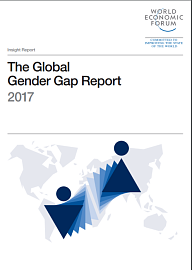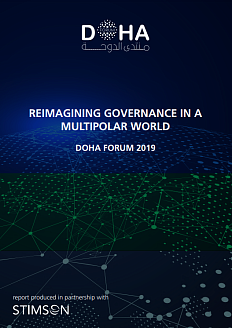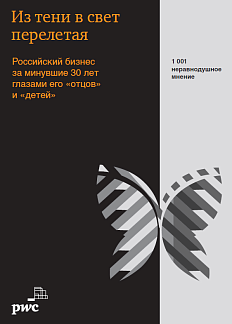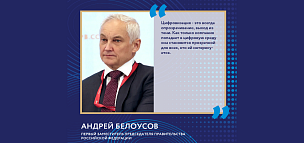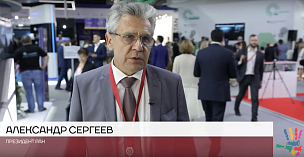The Global Gender Gap Index was first introduced by the World Economic Forum in 2006 as a framework for capturing the magnitude of gender-based disparities and tracking their progress over time. The Report benchmarks 144 countries on their progress towards gender parity on a scale from 0 (imparity) to 1 (parity) across four thematic dimensions: Economic Participation and Opportunity, Educational Attainment, Health and Survival, and Political Empowerment. In many countries, there are positive trends in this area, however, in a number of regions of the world, negative practices continue to be used and even expand with a view of broadening gender gaps.
.png)
Among the key findings of the report is that in 2017, the average progress on closing the global gender gap stands at 68.0% meaning an average gap of 32.0% remains to be closed worldwide across the four Index dimensions in order to achieve universal gender parity, compared to an average gap of 31.7% last year.
On average, the 144 countries covered in the Report have closed 96% of the gap in health outcomes between women and men, unchanged since last year, and more than 95% of the gap in educational attainment, a slight decrease compared to last year. However, the gaps between women and men on economic participation and political empowerment remain wide: only 58% of the economic participation gap has been closed and about 23% of the political gap, unchanged since last year against a long-term trend of slow but steady improvement.
Despite this overall mixed picture and continued stalling of progress at the global level, the situation is more nuanced at the regional and country level. Out of the 142 countries covered by the Index both this year and last year, 82 countries have increased their overall gender gap score compared to the last year, while 60 have seen it decrease.
By contrast, last years Report found negative outcomes in more than half of countries
surveyed. Moreover, as detailed in the Report, a number of countries and regions have crossed symbolic milestones on the path to gender parity for the first time this year.
.png)


